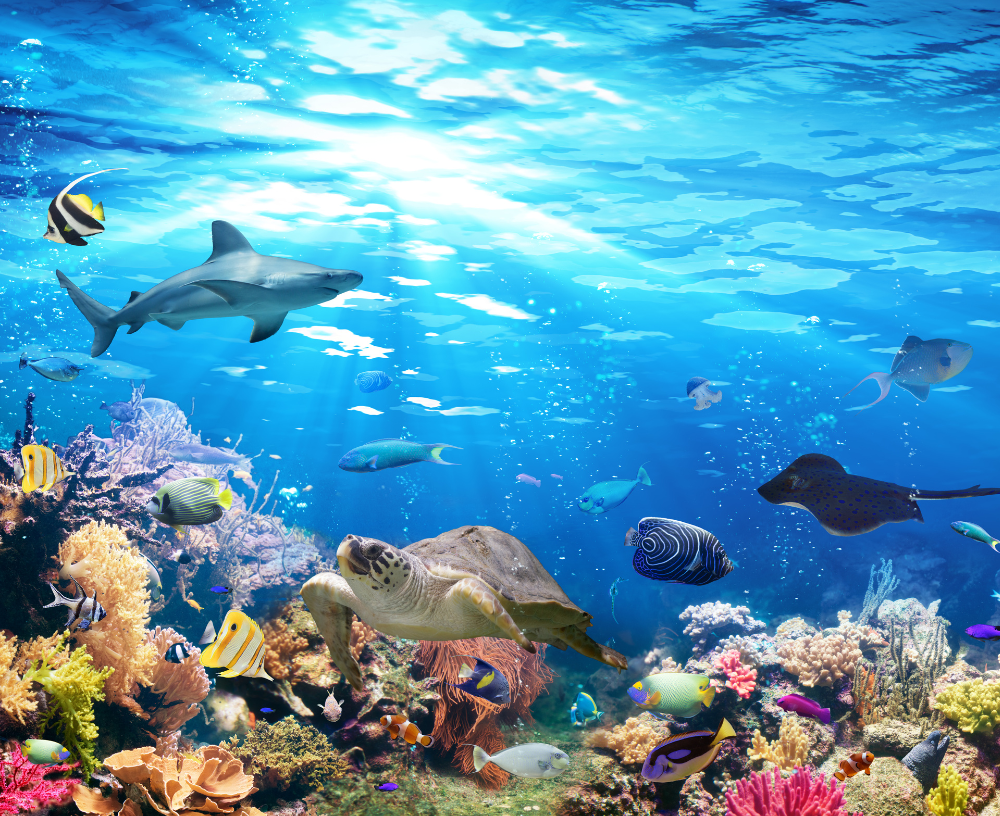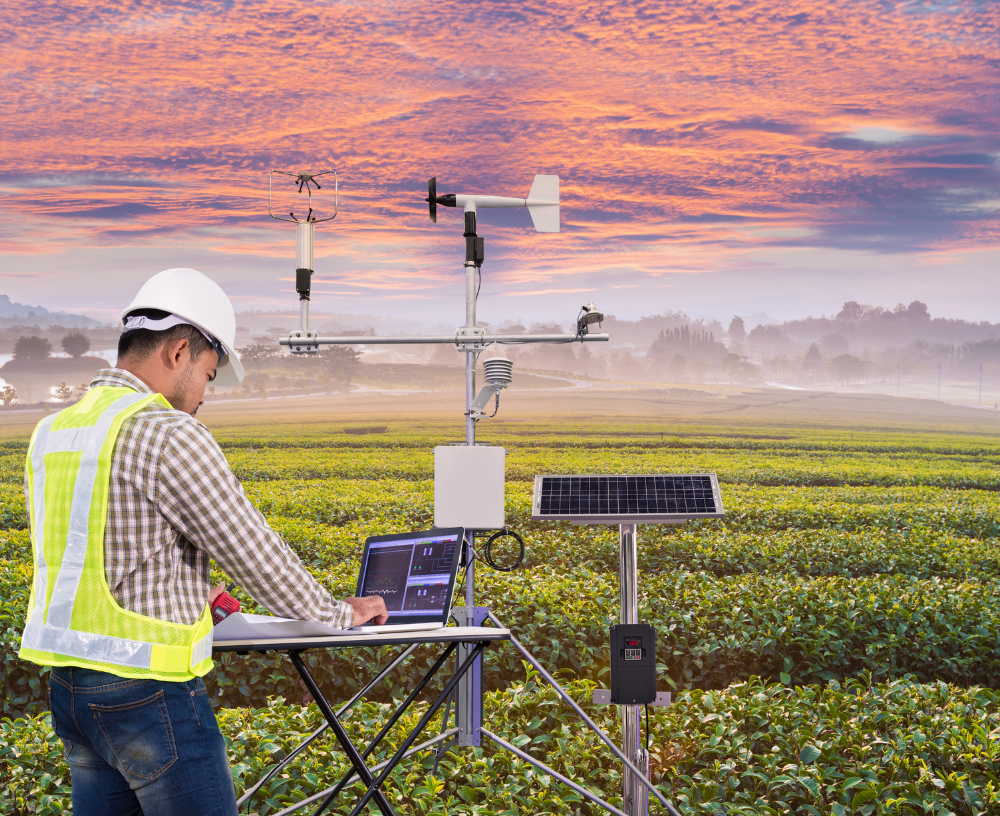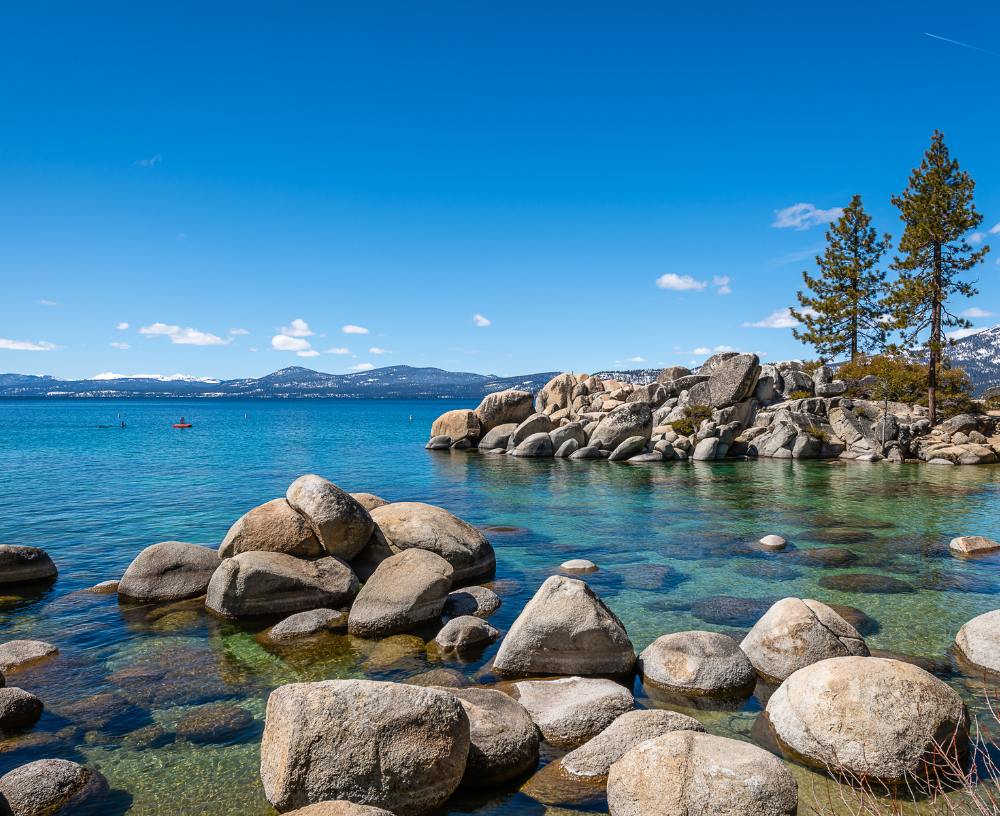
Open science is a global effort to increase participation in science and access to scientific research for people and communities everywhere.
Open science aims to enable the sharing and preservation of data, results and software in an ethical manner that is as open and transparent as possible. These practices accelerate scientific discovery and optimize the benefits of science for all, especially communities that have historically lacked equitable participation and access.
AGU is a proud leader in open science, advancing the effort through publications, meetings, data leadership, community science, policy engagement and career development.






Open Science Resources
Explore AGU Publications
As a leading publisher in the scientific community, AGU maintains the highest quality standards and promotes best practices in scholarly publishing.
Our 23 peer-reviewed journals are driven by editors who are recognized experts and leaders in their fields. We boast the fastest publication times across all Earth and space science journals, allowing your research to be accessed, read and cited sooner.
AGU books cover the full breadth of Earth and space sciences, often with an interdisciplinary perspective, presenting the work of scientists across demographics, geography and career stage.
Our community server, Earth and Space Science Open Archive, is where scientists can share early research including preprints and posters presented at major scientific meetings.
Visit AGU's Open Science Leadership Blog
AGU’s Open Science Leadership blog provides with the latest information on best practices that support the management, preservation, sharing, and citation of data and software.
For updates from the Open Science leadership team, join the mailing list. If you have other questions about data and software sharing in AGU publications, you can email our help line.
Open Access Help for Authors
Open access refers to journal articles and other published materials that are immediately and freely available online for all to read, download and share. The cost of publication is borne by the author or their funder through a publication fee. The author retains the copyright under a Creative Commons (CC) license.
To help prepare authors, we've created a 6-step guide for publishing open access at AGU. AGU has waivers, discounts and other funding options to support authors submitting open access journals, including those from low- to middle-income countries. These options vary depending on the journal. For more information, visit the Funding Options page.
Many funders and institutions now completely cover or take advantage of discounts on open access author publishing charges in AGU journals through accounts with our publishing partner, Wiley. There are over 70 agreements to date covering authors from over 2100 institutions around the world. Find out if your institution has an account.
Data & Software Help for Authors
All players in the research ecosystem—researchers, preservation repositories, publishers, funders, institutions—have a responsibility to collect, develop, and share data in an ethical manner that is as open and transparent as possible.
AGU requires that underlying data and software needed to understand, evaluate, and build upon the reported research be available at the time of peer review and publication. For more information and guidance, visit the Data and Software for Authors page.
If you have other questions about data and software sharing in AGU publications, please email [email protected].
Review AGU's Position Statement on Data
“Earth and space science data are a world heritage and a critical part of the science ecosystem,” according to AGU's position statement on Earth and space science data.
AGU position statements—created, revised and approved by members—are what enable AGU to take adaptive stances on significant policy issues, ranging from climate change to national security. Each position statement acknowledges the challenges involved and makes specific recommendations toward achieving an articulated vision. These statements are valued by the broad community and referenced by AGU, journalists, policymakers and other science organizations.

